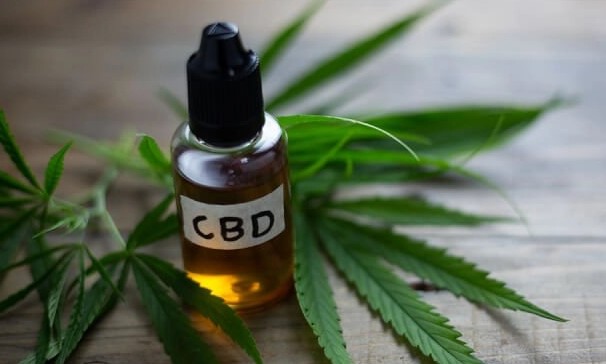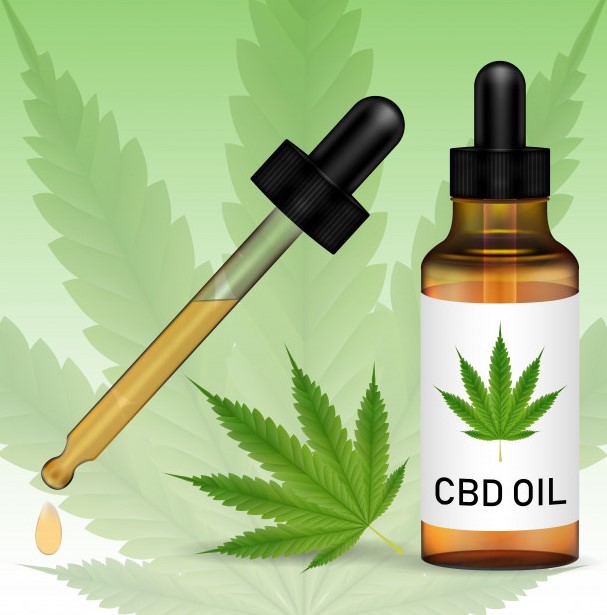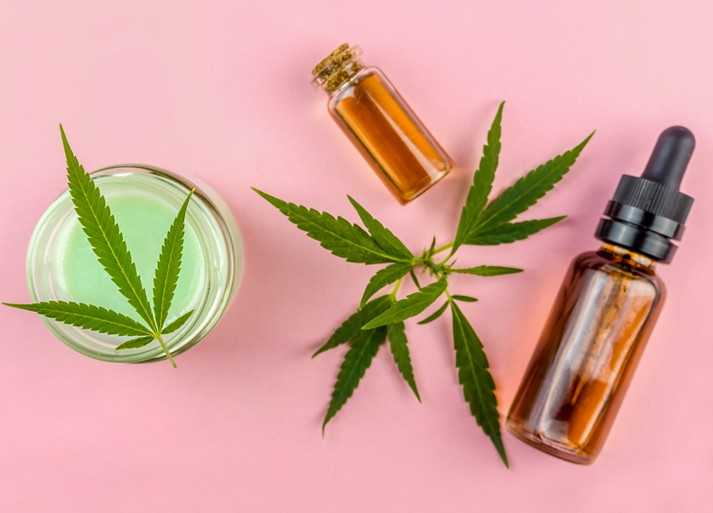Frustration is the experience of being dissatisfied or irritated because you are unable to modify or achieve a goal, according to one dictionary definition.

This complex emotion can be found in all aspects of life. These circumstances might include workplace events, squabbles with mates or family, or even little annoyances such as traffic jams.
Frustration may not be considered a medical problem, but it is an emotional and psychological reaction.
CBD is an excellent treatment for stress and tension. It can help you relax at ease and calm down. CBD has the potential to relieve strain, agitation, and frustration.
What Is Frustration? Why Do We Become Frustrated?
Many people get these two emotions confused. While they have some parallels, there are several significant distinctions. Frustration seldom has such a long-lasting impact as anger, and it isn’t as powerful an emotion.
Frustration is a natural human emotional and mental reaction to an event. It’s a feeling that usually stems from the disappointment of not meeting expectations or goals. If someone believes something has frustrated them in their efforts to achieve a goal, this is frequently one of their emotions. It might happen when they miss the bus or fall behind in competition.
Internal and external factors are said to cause frustration. Emotions like disappointment and annoyance are internal causes of aggravation. External circumstances that a person is powerless over, such as a work-related emergency or being trapped in an elevator, fall under the category of external forces of aggravation. Here is a quick list of factors that could result in frustration:
- A difference between someone’s goals and those of someone capable of impacting those goals
- Lack of communication
- An unclear relationship
- Limited resources
- Personal background
Typical responses to frustration include:
- Anger
- Loss of confidence
- Stress
- Depression
- Addictive behaviors
The Role of the Amygdala

The amygdala is a brain structure that is responsible for detecting potential threats to safety and generating a reactive neurochemical response that protects someone from those dangers. This response frequently takes the form of an emotional one: people get angry, furious, or frustrated as a result of the neurochemical discharge.
Some individuals may be more prone to reactivate these neurochemical processes far more rapidly and easily than others due to their biological make-up.
Emotion is also a learnt behavior, implying that the way someone was raised and the surrounding circumstances have an impact on how they feel certain emotions.
This is why some people are so quickly enraged, dissatisfied, and furious by seemingly little events, while others barely even react emotionally.
However, there are reactions and coping methods that one may use to properly respond to the amygdala’s initial detection of danger. After all, controlling anger (and the irritation that comes along with it) is a learnt talent.
Coping Mechanisms and Conventional Treatments for Frustration and Anger Control
People should be more realistic in their expectations and aim to minimize the feeling rather than seeking to eliminate it for good. When individuals are frustrated, certain thinking habits often emerge as a result of the frustration.
How Is That Done?
Frustration can also be caused by another person’s failure to do something or to execute it correctly. People begin by wondering how such a scenario could arise and then seek for a solution. Instead of becoming enraged in this case, people should consider it an opportunity to put their problem-solving abilities to the test.
Why Is This Happening?
If someone is traveling to the airport and a traffic accident has caused a pile-up, they might miss their flight. They have the option of brooding over it or relaxing and accepting that there’s little they can do about it.
An earthquake, fire or other emergency can also leave your child frightened and confused. They may come up with an unexpected solution if you remain calm. Perhaps the individual could take a different path or contact the airline for a later flight in the example above.
Why Haven’t They Called?
Frustration is a natural response when someone is waiting for an urgent phone call but no one rings. They must understand, though, that they will receive the phone call or will not. A individual may wish to divert their attention by doing something.
Physical exercise is one of the most effective strategies to manage frustration. Endorphins, which are natural painkillers in your brain, may provide short-term relief from tension.
Another option for those who are experiencing anxiety is to try a basic breathing technique. They may start by breathing deeply from the diaphragm and slowly repeating a soothing word or phrase.
If someone’s life is being controlled by frustration, they should see a therapist who can examine their actions. Meanwhile, let’s see if CBD may be of assistance.
Can CBD Work for Frustration?
CBN is a relatively recent addition to the market. People have known about its existence for decades, however. It’s the second most common cannabinoid in marijuana and is also abundant in industrial hemp, which is now legal to produce in many areas of the United States. CBD isn’t intoxicating like THC, which means you won’t feel high.
Cannabidiol (CBD) has been linked to the reduction of stress. Some people think that cannabidiol might help with the following:
- The hormone oxytocin, which promotes feelings of contentment and reduces stress and anxiety, is released.
- Reduce the signaling of receptors in the brain’s limbic system, including the amygdala and hippocampus.
- Improve cognitive performance.
- Possess anti-inflammatory properties.
Although no study has investigated the effects of CBD on frustration, several studies have examined a potential connection between CBD and a reduction in stress and anxiety, two emotional states that are closely linked with feelings of irritation. One of the most effective approaches to reduce one’s level of frustration is to get calm, and CBD may assist people in doing so.
CBD and Anxiety: What Does the Research Say?
CBD has the ability to modify serotonin signals, which could impact anxiety. Serotonin is a neurotransmitter that may be low in people who suffer from depression and anxiety. In January 2019, Shannon et al exposed how CBD alleviated stress and sleep problems in a research of 72 patients (47 had stress-related anxiety and 25 had insufficient sleep). After one month of using CBD, 79% of those surveyed said they experienced reduced anxiety symptom scores.
The study by Bergamaschi et al., published in Neuropsychopharmacology in May 2011, is one of the most-cited research on CBD’s anxiolytic effects. A group of 24 persons who had never used CBD before were given a CBD or a placebo before a simulation public speaking test. Those who took the CBD reported being much less anxious about their upcoming speech. They didn’t know whether they received the CBD or a placebo at the time.
Blessing et. al.’s study, published in Neurotherapeutics in October 2015, evaluated CBD as a potential therapy for anxiety symptoms. The comprehensive research found that CBD effectively decreased anxiety-related problems including PTSD, GAD, PD, OCD, and SAD when used alone or in combination with other medications.
Final Thoughts
Although there are no CBD studies focused on its impact on irritation, there is a lot of research into its usefulness in the treatment of anxiety disorders. To date, these studies’ findings have favored CBD as a method to reduce stress and anxiety symptoms.
Most people have felt both emotions at some time in their life, and most who have been frustrated have already experienced one or both of them. If someone is having trouble relaxing on their own, CBD may be just what they need.
